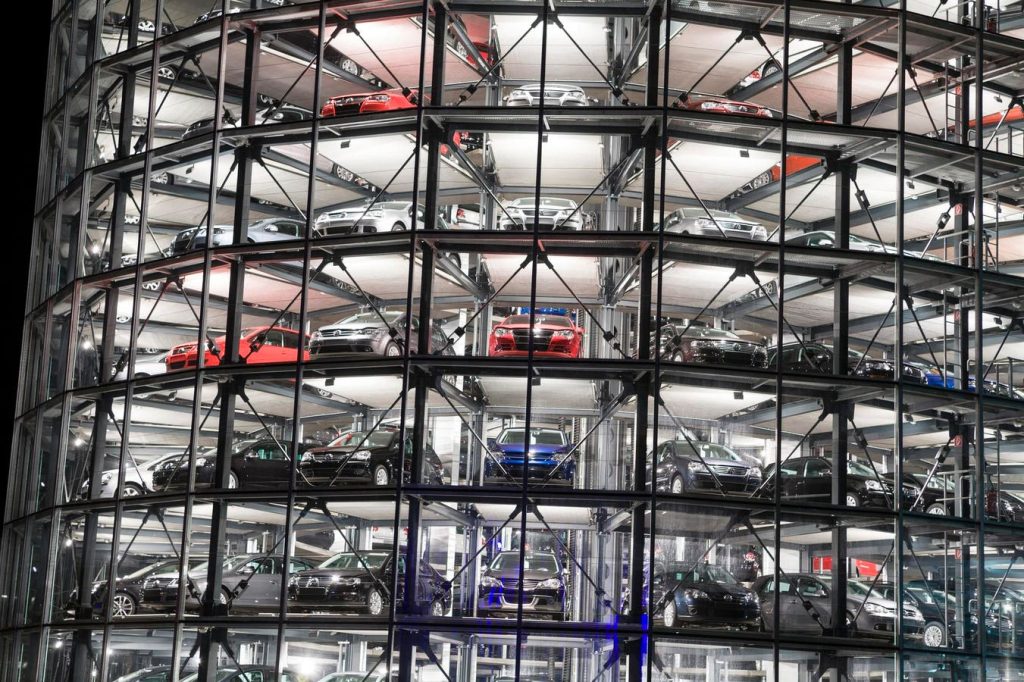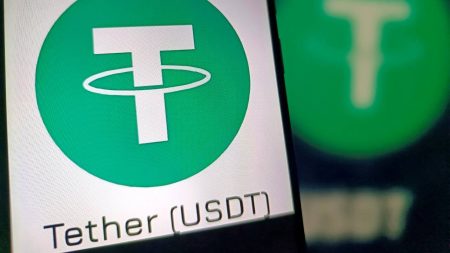Volkswagen’s shares were hammered by about 5% Monday after its profit warning late last week but rallied later in the day as analysts reckoned things could be worse.
Volkswagen cut its profit outlook for 2024 Friday to around 5.6% from the previous expectation of between 6.5 and 7% and lowered its sales expectations to close to 9 million compared with its previous forecast of an up to 3% rise from 9.24 million in 2023.
This is VW’s second profit warning this year and follows similar declarations this month from BMW and Mercedes.
Stellantis took a massive nearly 15% stock price hit after a warning Monday.
Volkswagen said trading conditions at its mass-market sedan and SUV brands were the main reason for the depressed outlook. VW is currently negotiating with unions on pay and possible factory closures as sales in the European market fail to recover from pre-covid levels.
Frank Schwope, automotive industry lecturer at the University of Applied Sciences FHM Hannover thought the stock market overreacted.
“If you have made near-record profits for three years in 2021, 2022 and 2023, totalling over €60 billion ($67 billion) operationally, and if you have issued two profit warnings this year but still expect to make around €18 billion ($20 billion) operationally, then that is not a crisis,” Schwope said in an email exchange.
However, Schwope said problems generated by electrification and overcapacity need to be fixed.
“2025 will indeed be challenging, but electromobility is likely to gain significant momentum due to stricter emission standards for combustion engines and new models,” Schwope said.
Reuters’ Breaking Views column reckoned the problems hitting VW and Stellantis with its Peugeot, Citroen, Fiat, Opel and Vauxhall European mass market brands, BMW and Mercedes might persuade the European Union it was time to shield its automakers by diluting its strict carbon dioxide emissions limiting timetable and nail down its tariff protection against China’s electric vehicles.
“Member states will this week decide whether to slap Chinese automakers with tariffs. And next year, they will clobber auto groups who fail to cut (CO2) emissions by up to 15% versus 2021 with fines, estimated at as much as €15 billion ($16.7 billion). Carmakers are in a poor position to shoulder further knocks: Volkswagen’s latest forecast for 9 million deliveries this year is still over 10% below the level it achieved before the pandemic,” Breaking Views columnist Neil Unmack said.
The case for a partial delay in CO2 standards is now strong, Unmack said.
Berenberg Bank said VW’s profit warning didn’t include any impact from expected restructuring charges.
“The European automotive industry is producing 2 million fewer units than prior to Covid-19 and this is likely to remain in the mid-term. For VW, about 500,000 car units are missing to more efficiently utilize capacity, which is equivalent to about two of its plants. Achieving the 6.5% margin target for the VW brand, from sub-2% currently, will not be possible without capacity reduction and plant closures,” the investment bank said.
The bank pointed to some positives for worried VW shareholders –
· New EVs will allow for more and better vehicles and production efficiency.
· Improved software.
· Market share repair and defence in China.
Investment researcher Jefferies said VW’s restructuring program is crucial to its future.
“The magnitude, timing and pace of expected upcoming restructuring have become critical for the investment case,” Jefferies said in a report.
In Germany, union power is incorporated into corporate governance. This is particularly strong at Volkswagen, where unions have half the seats on the supervisory board, and with the help of politicians in its home state and shareholder Lower Saxony, a virtual veto on company policy.
Over the decades many investors have kept away from Volkswagen because it was seen as a corporation existing more for workers’ welfare than shareholders.
Jefferies said VW’s profit warning makes restructuring more important.
“The deterioration in performance could accelerate decisions on restructuring, with the VW brand in particular continuing to drag cash conversion to new lows, potentially creating an existential risk for the group, while the group’s balance sheet can still afford organic restructuring. We have recently estimated at €3 billion to €4 billion ($3.3 billion to $4.5 billion) the provision required to close down at least 2 assembly plants in Germany and reduce headcount,” the report said.
Automotive industry lecturer Schwope said the restructuring negotiations won’t shrink the company much but could lead to the sale of the truck division or the Ducati motorbike maker.
“It will certainly be a tougher labor dispute than in previous years. However, Volkswagen is not doing as badly as it did in the seventies, when tens of thousands left the company, or in the nineties, when the four-day week was introduced. Back then, the company was in the red,” Schwope said,
“There are many ways to reach an agreement, which could possibly be reached this year. The Group will certainly not shrink massively, but the sale of peripheral areas such as the Traton truck division or the motorbike manufacturer Ducati is also conceivable,” he said.
VW shares slipped by half a percentage point in morning trading Tuesday to €99.8. Stellantis shares stabilized, adding 1% to €12.53.
Read the full article here
















